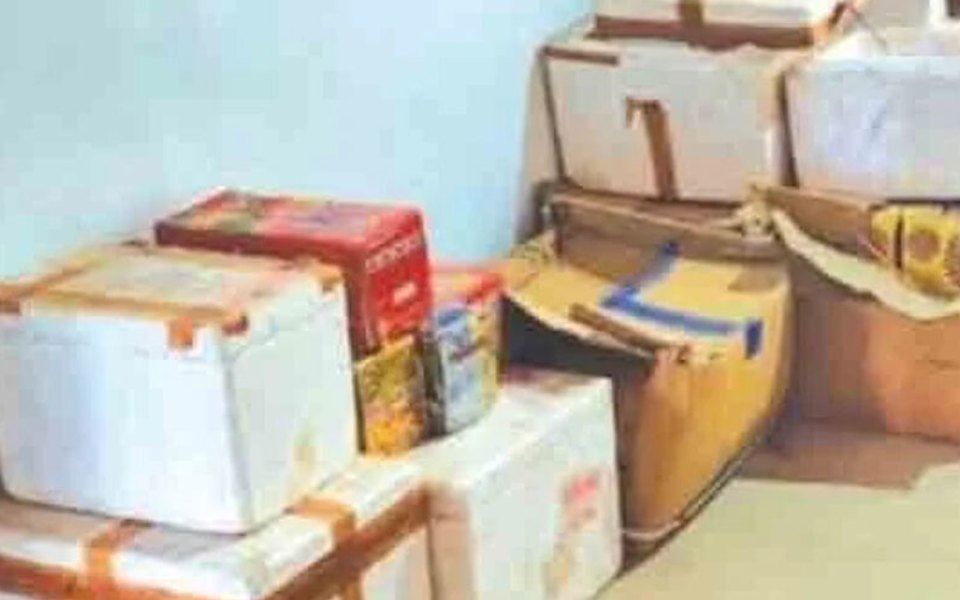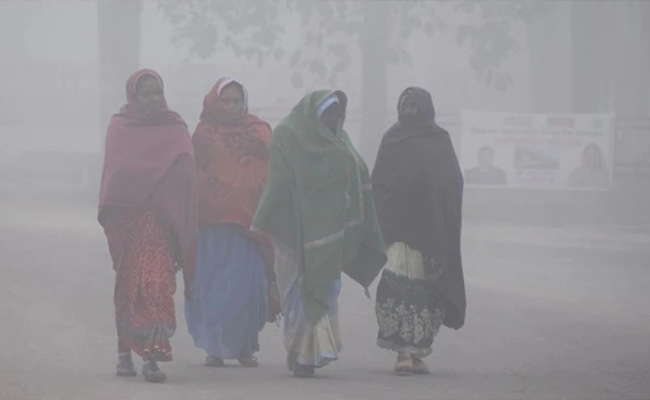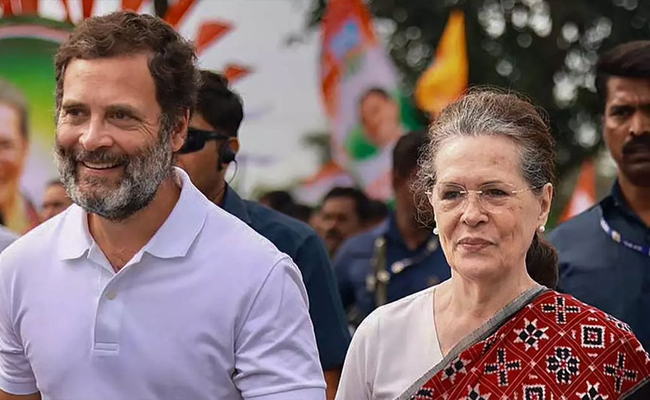Kannur: In a significant operation, the Kerala Police have uncovered a substantial cache of 770 kg explosives from the residences of a local Rashtriya Swayamsevak Sangh (RSS) leader and his relative in Poyiloor, Kannur district.
The explosives were discovered at the homes of Vadakayil Pramod, a local RSS leader, and his relative Vadakayil Shanta. Pramod, who is currently absconding, is believed to be connected to the seized materials.
The operation was led by Kolavalloor Police Inspector Sumeet Kumar and Sub-Inspector Sobin, initiated based on confidential information received by the police. The significant seizure has prompted the police to launch legal proceedings, with two cases registered in connection with the incident.
"Preliminary investigations suggest that the explosives were intended for illegal distribution," Kolavalloor Police was quoted as saying to Maktoob. "Efforts are being intensified to ensure the safety and security of the region amidst these concerning developments."
However, speaking to Vartha Bharati over a phone call, Kolavalloor SHO stated that while the reports of the recovery were true, he added that the explosives were meant to be used for firecrackers during the Ugadi festival. He also added that Pramod was arrested.
The SHO also confirmed that Pramod was linked to RSS and was one of their local leaders.
The discovery of such a substantial quantity of explosives had sparked alarm among locals, especially as the Lok Sabha elections draw near.
Last year, another incident involving RSS-affiliated individuals making bombs resulted in severe injuries. A youth named Vishnu (20), associated with the RSS, suffered grave injuries after an explosion occurred during bomb-making near Eranjolipalam in Kannur. Vishnu's hands were severely injured in the blast, which occurred while he was making a bomb in a field near his residence.
Let the Truth be known. If you read VB and like VB, please be a VB Supporter and Help us deliver the Truth to one and all.
New Delhi (PTI): A 23-year-old woman was found dead in her house in Delhi's Prem Nagar area, with police suspecting it to be a case of suicide, an official said on Tuesday.
The deceased, identified as Anjali Singh, was found motionless in her room on Monday by her sister and her neighbour.
Police said her father, Vinod Kumar Singh (51), told them that he and his wife were away at work at the time of the incident, while their son and the other daughter were also not at home at the time of the incident.
ALSO READ: Koppal: Worms found in midday meal at Ningapur Government School
According to the family, the room in which Anjali was found was locked from the inside. The door was later forcibly opened by a neighbour and her sister with the help of a crowbar.
Her body was found lying on the bed inside the room, police said.
Preliminary inquiry revealed that Anjali had allegedly hanged herself using a piece of cloth tied to the ceiling fan.
It is suspected that the noose eventually might have loosened or torn off, resulting in her being found lying on the bed.
Family members informed the police that Anjali was a final-year student of a librarian science course from Indira Gandhi National Open University (IGNOU). About a week ago, her final-year examination results were declared, and she had failed, following which she had been under depression, they said.
The family has not raised any allegation of foul play, police said, adding that no suicide note or external injury marks were found on the body during the initial inspection.
Inquest proceedings have been initiated in the matter as per the law. The body has been sent for post-mortem examination to ascertain the exact cause of death, and further investigation is underway, police added.





